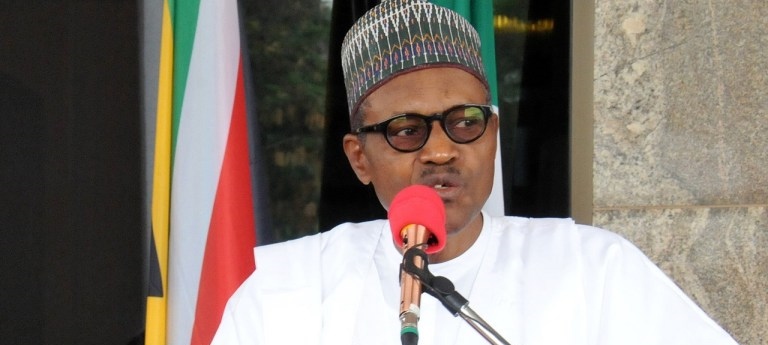Grazing Violence in Nigeria
July 27, 2018 | Expert Insights

Since January 2018, the periodic clashes between farmers and herders has overtaken the Boko Haram crisis as the deadliest conflict in Nigeria. Thousands of people have been killed and displaced across the country.
Background
Nigeria is a federal republic in West Africa, bordered by Benin, Chad, Cameroon and Niger. Nigeria is often referred to as the "Giant of Africa", owing to its large population and economy. It is the most populous country in Africa, and the 7th most populated in the world. It has a diverse culture as it is inhabited by over 500 ethnic groups, the largest three being the Hausa, Igbo and Yoruba. Some of the other groups include – Ijaw, Kanuri, Fulani, Ibibio and Tiv. Nigeria is divided roughly in half between Christians who live in the south, and Muslims who live primarily in the north.
The Fulanis are believed to be the largest semi-nomadic group in the world and are found across West and Central Africa - from Senegal to the Central African Republic. They played a key role in the revival of Islam in the country in the 19th century. In Nigeria, some of them continue to live as semi-nomadic herders, while other have moved to cities. The nomadic groups herd their animals across vast areas, and have frequently clashed with the farming communities.
Nigeria has a long history of ethnic violence and conflict, which can be traced back to corruption and inept leadership, gross mismanagement and control of resources, marginalization of some ethnic groups, religious intolerance, amalgamation of the northern and southern regions during British colonial era, tribalism, a long military incursion into the government and the introduction of a Sharia criminal legal system.
Analysis
According to a new report by the International Crisis Group (ICG), the conflict between Fulani cattle herders and farmers has intensified leaving 1,300 people dead this year. For many years, periodic clashes between farmers and herders have disrupted Nigeria's Middle Belt – a rich agricultural zone that divides the country into two halves. Spontaneous attacks have transformed into premeditated scorched-earth campaigns. They have grown in intensity, scale and sophistication. A third of the country’s land mass has been lost to desertification that has led to a steep drop in food production and rise in food prices. It has cost the country more than $14 billion between 2012 and 2015.
The resource conflict has ethnic and religious undertones with the herdsmen being mostly Fulani Muslims and the farming communities predominantly Christian. This complexity of ethnicity and religion also obscures the fact that a few of the clashes between farmers and herdsmen have occurred between members of the Fulani and Hausa ethnic groups, who are both predominantly Muslim and so closely related that they are often seen as one “Hausa-Fulani” ethnic group.
Competition for resources such as farmland and water has played a major role in the conflict. Fulani herders travel hundreds of miles in large numbers with their cattle in search of pasture, often armed with weapons to protect their livestock. But desertification and the Boko Haram crisis in Nigeria's northeast, among other factors, had begun to push the herders farther south from the central regions, where they encountered settled communities that were already struggling with their own population booms.
The growing number of firearms available to them, which enter the country through Nigeria’s porous borders with Libya and Mali, has worsened the situation. Other factors that have aggravated the conflict are poor government responses to distress calls, failure to punish past perpetrators and new laws banning open grazing in Benue and Taraba states in November 2017. Apart from clashes with farmers, there have been allegations that some Fulanis have been involved in armed robbery, rape and communal violence. Similar accusations have also been made against them in Ghana and Ivory Coast.
A few years ago, there were efforts to introduce a local law by several MPS to establish designated grazing areas across the country to reduce the tension, which subsequently failed because of protests in the southern part of the country.
Counterpoint
Fulani associations have consistently denied any links to militants, defending themselves from attacks by gangs of the farming communities. Furthermore, there is no evidence that Fulani groups have a single political goal.
Meanwhile, Muhammadu Buhari – the Nigerian President – who is a Fulani Muslim himself, is perceived as being too sympathetic to the herdsmen.
Assessment
Our assessment is that the conflict has exacerbated Nigeria’s fault-lines, and will intensify in the coming years with increased resource competition. We believe that it will stay at the forefront of the elections to be held early 2019, which might not bode well for President Buhari. We feel that the conflict poses a major threat not only to the country’s stability, but also to its neighbours. We believe that the government should prosecute perpetrators of violence, disarm ethnic militias and begin executing long-term plans for a comprehensive livestock sector reform.








Comments